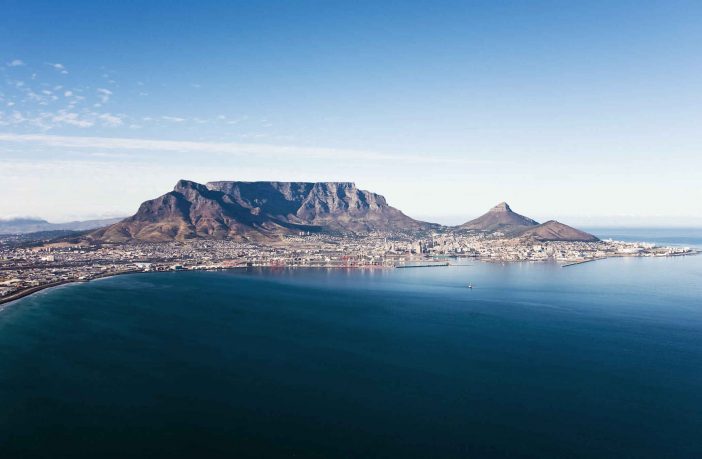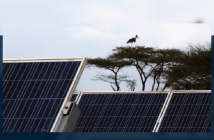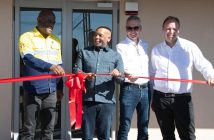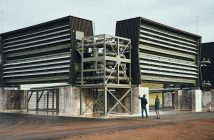- Western Cape MEC, David Maynier, has announced the formation of the Western Cape Municipal Energy Resilience Fund.
- The fund will make available almost R13 million to qualifying municipalities for research and planning to determine the requirements and potential costs of the renewable energy projects they will be developing to build energy security and buffer households and businesses from load shedding in the Western Cape.
The launch of the fund is the next critical step in Phase 1 of our Municipal Energy Resilience (MER) Initiative which aims to help municipalities to take advantage of the new energy regulations, which may include municipalities purchasing energy directly from Independent Power Producers (IPPs).
The fund will do this by supporting the development of preparatory work such as the development of Electricity Master Plans and Cost of Supply Studies. These will help municipalities to assess aspects such as grid availability, infrastructure needs and costs so that they can develop thorough plans for financially sustainable renewable energy projects.
“Applications for the Western Cape Municipal Energy Resilience Fund open on 27 August 2021 at 14:00, and I encourage all municipalities in the province to apply to the fund,” said Maynier.
“The launch of the fund follows a successful Request for Information (RFI) for the MER Initiative which solicited information for more than 100 potential energy generation projects from 82 submissions from private sector developers and owners, and a further 15 submissions from Western Cape municipalities,” added Maynier.
From the 82 private project submissions, 62 submissions representing a combined nominal generation capacity of more than 4,800 MW have been deemed to be potentially viable and relevant. Of these, 12% (590MW) of projects appear capable of reaching commercial operation within 12 months, while 75% (nearly 3,600MW) of projects indicated commercialisation within 2 years from signing a power purchase agreement.
Submissions included a range of individual generation technology projects ranging from below 1MW to above 100MW. Of the renewable energy generation technologies proposed, solar PV is the largest generation technology group followed by onshore wind.
Respondents ranged from large, established project developers and owners to smaller emerging project developers. Several submissions were received from outside the province with some potential intentions of wheeling, but most projects are located in the Western Cape.
“The early results presented from the RFI support the fact that there are significant and relevant energy generation projects in the market for the Western Cape, and so we are pleased to announce the opening of the Western Cape Municipal Energy Resilience Fund today which takes us one step closer to increased energy resilience in the Western Cape,” concluded Maynier.
For more information on the Western Cape Municipal Energy Resilience Fund click HERE
Author: Bryan Groenendaal











